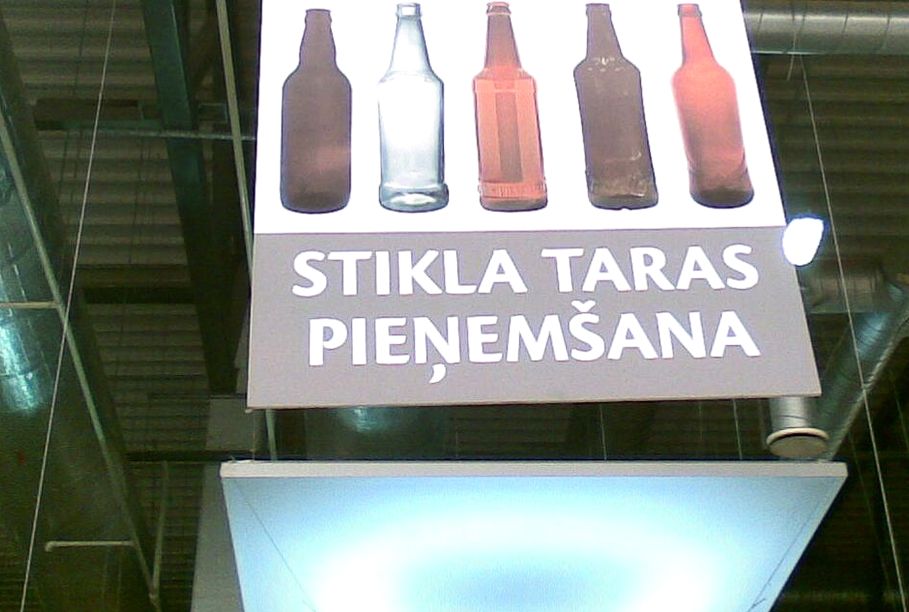
Baltic states mull joint deposit recycling system
A meeting of Baltic Assembly committees in Tallinn February 14 focused on the circular economy and digital cooperation, with the possibility of a unified recycling system for all three Baltic states among the subejects discussed.
The joint meeting of the Economics, Energy and Innovation Committee and the Natural Resources and Environment Committee of the Baltic Assembly (BA), where circular economy and digital issues are discussed as economic cooperation of the Baltic States, was held in the Conference Hall of the Riigikogu (Parliament of Estonia).
Chairman of the BA Natural Resources and Environment Committee Erki Savisaar said ahead of the meeting that there was potential for the three countries to become more eco-friendly.
“For example, the bio-waste decomposing in landfills is a threat to the environment because of the methane that is produced, and therefore the OECD calls upon the states to reduce the amount of biodegradable municipal waste. At the meeting, we will discuss the recommendations according to which investments into separate collecting and treatment of bio-waste should be encouraged, and the projects that stimulate sustainable treatment of bio-waste should be supported. Establishing of landfill restrictions and bio-waste prohibition should also be considered,” Savisaar said.
The possibility of creating joint deposit refund system was also due to be explored at the meeting.
“If the Baltic States could develop a joint deposit refund system, that would open possibilities for extended cooperation also in other areas of waste recycling. Regional waste treatment projects make the economy viable,” Savisaar said.
The Baltic Assembly is a consultative cooperation organisation of the parliaments of the three Baltic States, which discusses issues of mutual interest. This year, Estonia is the presiding country of the Baltic Assembly.